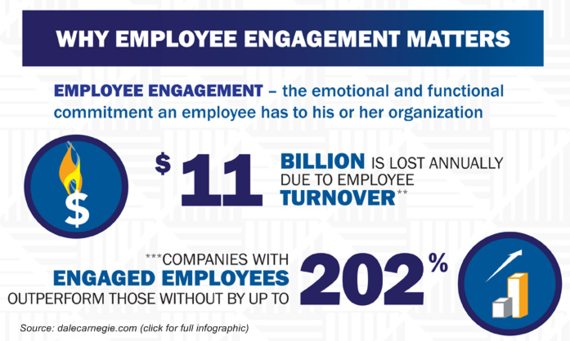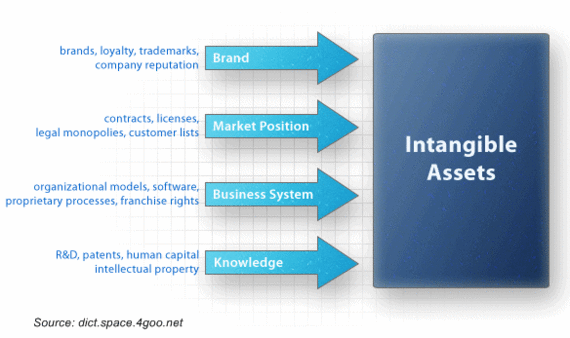As published to Huffington Post
Creating a strong brand is no longer a corporate luxury — it’s a professional necessity. A solid brand strategy can help you to solidify your core values, identify what makes you different from your competitors, and ultimately boost the success of your business.
“To your customers, your corporate image reflects the promise of an experience,”notes Sean O’Leary of Programmed. “It should be considered a valuable asset to be nurtured — one that essentially affects your bottom line.”
Michelle Taglialatela of Tag Strategies is a certified brand strategist who works with professionals on brand development and identity, collateral, packaging, and marketing. Below, she gives her four top strategies for identifying and developing a sound brand strategy.
1. Branding Starts at the Top
In the post-digital age, it’s no longer enough to designate an individual or single department as the source of your brand’s messaging. “Branding starts from within an organization,” says Taglialatela. “It needs to start from a very strategic perspective within your C-Suite that aligns with the goals of your organization, and the understanding of how to effectively implement the brand strategy.”

2. Identify — And Stick To — Your Core Values
“Based on 35 years of Millward Brown research, we would say that meaningful differentiation is a critical driver of brand success, first because it provides brands with the means of upsetting the status quo, and second because it can allow a brand to command a premium price. We see tremendous opportunities for brands that can, through innovation in a variety of forms, establish meaningful differentiation,” assertsNigel Hollis, Chief Global Analyst at Millward Brown.
So how can forward-thinking companies create a relatable brand? “Brands too often lose focus on what is important to them,” Taglialatela warns. “They find themselves trying to be all things to all people, questioning how they view their brand. As soon as you lose your focus, your whole strategy is shot.”
Don’t lose sight of what makes your organization different and meaningful. This isn’t an exercise in rethinking your corporate values — it’s a process used to identify the special qualities of your organization and share them with a wider audience.
3. Engage Your Employees
The importance of your employees to your corporate brand strategy can not be understated. Their role in corporate branding is defined by Suzanne Hogan, a senior brand strategy consultant: “Whatever their position, employees have two jobs–one is the work they perform, the other is conveying the corporate image. That second job is their role as “brand ambassadors,” primary agents in communicating a company’s corporate identity to the outside world.”
Taglialatela echoes those sentiments, “Employees are a company’s best brand ambassadors and if they are truly engaged in their company’s brand it will enhance customer service and increase customer retention.” Employee engagement and creating the right culture is a critical step in developing a strong brand.
So much, in fact, a study by Dale Carnegie found that companies with engaged employees outperform those without by up to 202 percent. The spark that drives your employees to perform may give you a valuable starting point for getting consumers excited about your brand and its values.
4. Believe in the Process
Reconsidering your company’s brand strategy and messaging can be a daunting task. “Creating and sustaining customer trust and loyalty is more difficult than ever before…with so much competition for their attention,” notes Llopis at Forbes. You may start to experience fatigue and a feeling of helplessness when you consider the massive task before you.
Taglialatela urges brands to push through these difficulties, keeping in mind the immense payoff when brand strategies are successfully implemented. “Much of the value of a business is in its intangible assets,” she notes. “When companies find that right perspective, find that right focal point, and get everyone to embrace its uniqueness and march to the same tune, the benefits are like a ripple effect that impacts your brand as well as your balance sheet.”
Takeaways
Branding is no longer an optional marketing extension that you can choose to employ or ignore. Re-invest in your brand strategy in order to build an effective marketing approach, a network of excited consumers, and a company-wide revival of passion, commitment, and excitement for what makes your brand powerful and unique.





